Ireland has recently seen an increase in the number of people seeking international protection. Faced with a serious housing crisis, Ireland hastily opened temporary centers on the outskirts of Dublin, yet many migrants refuse to stay in them because of the lack of electricity and heating.
Leslie Carretero, special correspondent in Dublin
From the N81 road out of Dublin, it's possible to spot a large green metal door. Around 200 male asylum seekers reside here at Crooksling, about 20 kilometers from the Irish capital. Journalists are not allowed access to the center, even those who make an official request to the government. It is equally difficult to speak with the migrants leaving the center.
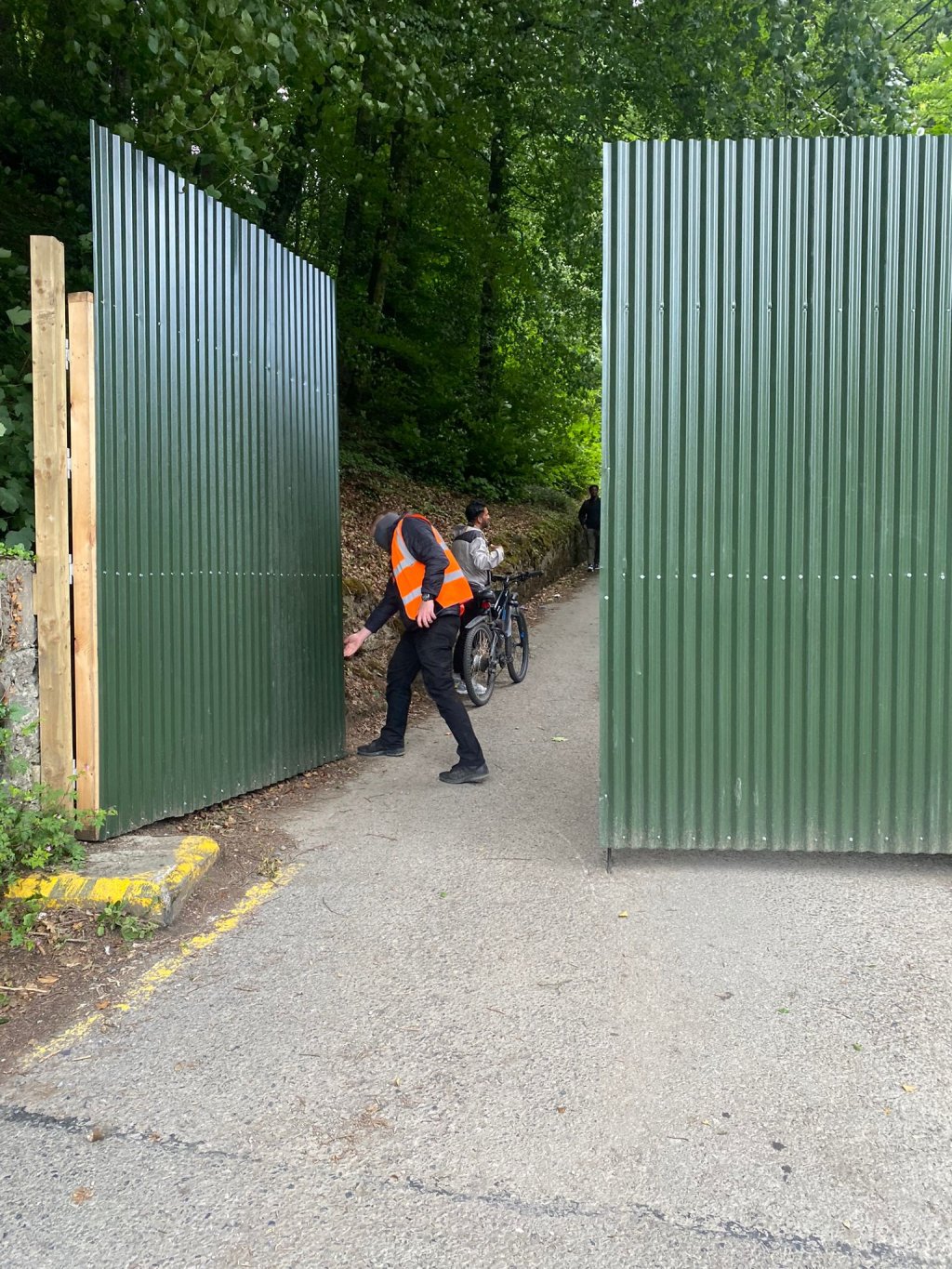
"Don’t talk to them, you are prohibited to speak with them," said the security guard in an aggressive manner to the young Afghan InfoMigrants tried to approach, before slamming the door without another word. Several asylum seekers leaving the center a few minutes later hardly dared to look up.
Read more: Homelessness: A common experience for migrants arriving in Dublin
Overcrowding, cold and lack of hygiene
What goes on, on the other side of the door? Other asylum seekers we met the previous day in a migrant squat, who had stayed in the center, provided us with some answers.
In videos they sent InfoMigrants, around ten very large white tents are set up in a line. Inside, there are bunk beds arranged along the walls of the tent with lengths of fabric hung along the sides to create some privacy. "There are 16 of us per tent – it’s a lot. The sounds of others stops me from sleeping at night," said Dawood*, a 25-year-old who recently arrived at the center.
Portable toilets are a little further away, as well as a large tent that serves as a canteen and a place to recharge phones.
Asylum seekers have no electricity or heating in the makeshift homes. Temperatures can be around 18 degrees in Dublin in July, and they often fall below 10 degrees at night. Water enters the tents and floods the floor when it rains, the migrants said.
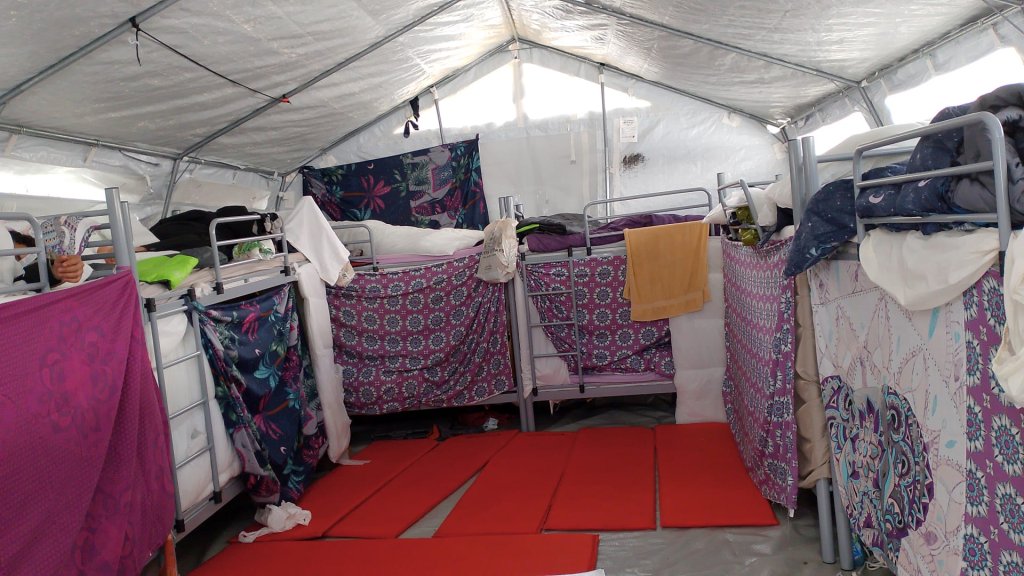
The Crooksling center was hastily set up in the beginning of 2024 to accommodate asylum seekers who had previously been camping in the heart of Dublin. Ireland has seen a large influx of migrant arrivals in recent months and its authorities have struggled to find housing for them amid a housing crisis. Around 2,200 asylum seekers still do not benefit from housing.
Nearly 400 migrants present themselves every week to the International Protection Office to request asylum and benefit from accommodation, according to the Department of Children, Equality, Disability, Integration and Youth, contacted by InfoMigrants.
Also read: Emma's tale: 'They consider us worthless'
'It is unbearable'
Several people who previously stayed at Crooksling center refuse to return. "We couldn't sleep there. If you don't get sick from the cold, you get sick from the lack of hygiene in the bathrooms or from the poor quality of the food," said Qadoura*, a 37-year-old Palestinian from Jordan, who had spent four days in the facility before choosing to return to the streets.
Hatem* also no longer wants to set foot in Crooksling. "It is unbearable," said the 21-year-old Palestinian, originally from Nablus, who only spent one night there in mid-June. "We regularly receive emails [from the authorities] saying that there is space for us but I don't want to go. I’d rather live on the street than in these centers," said the young man, sitting on the edge of his tent near a canal in Dublin.
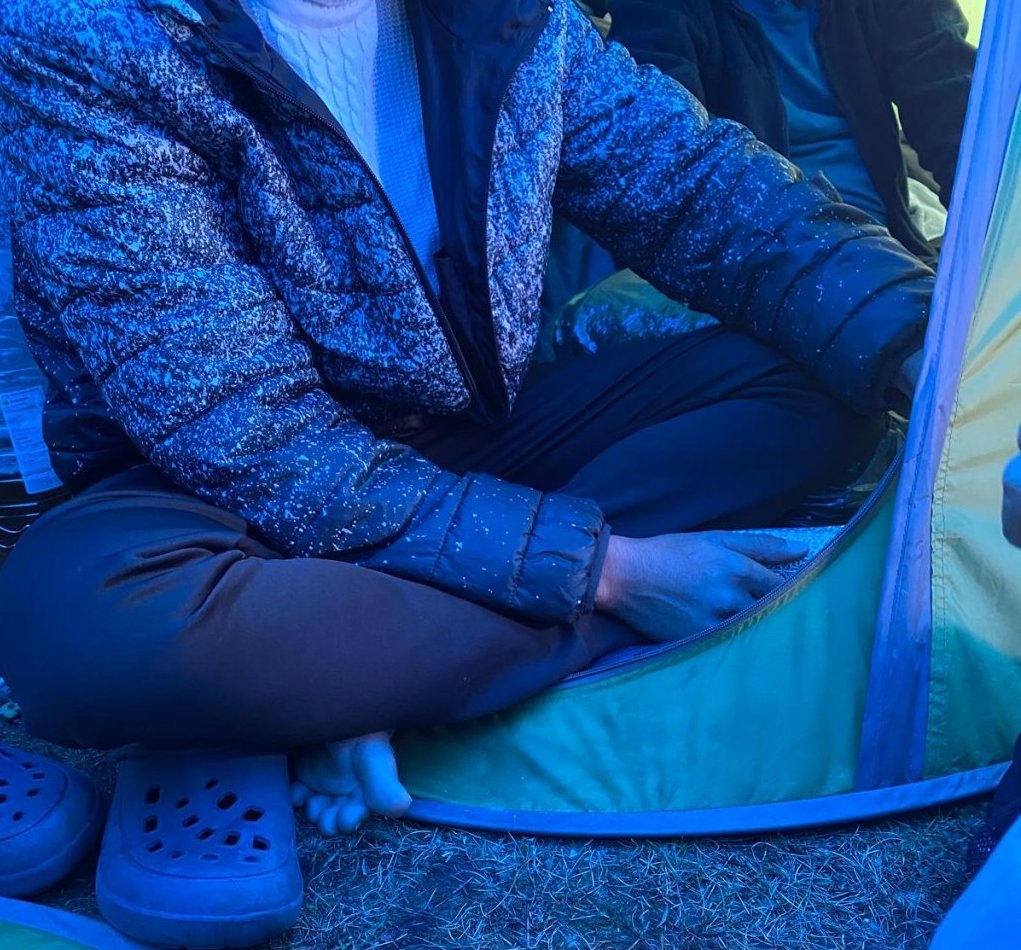
Dawood, the Afghan who had just arrived at Crooksling, was already asking himself questions. Located in the middle of nowhere, the center’s location complicates the daily life of the inhabitants. It takes them an hour by bus to get to Dublin. "I had an administrative meeting this morning. I had to get up at 5 am to be on time for my interview. I tell myself that the camp along the canal is better because we are less isolated there," he said over the phone.
Also read: Migrant tent camp returns to Dublin just days after clearance
'We are nothing compared to the Ukrainians'
A few kilometers away from Crooksling, other asylum seekers have better living conditions. Located in Saggart, City West Centre is a hotel complex with a closed space in a building reserved for migrant men. Yet there too, migrants complained of the lack of privacy.
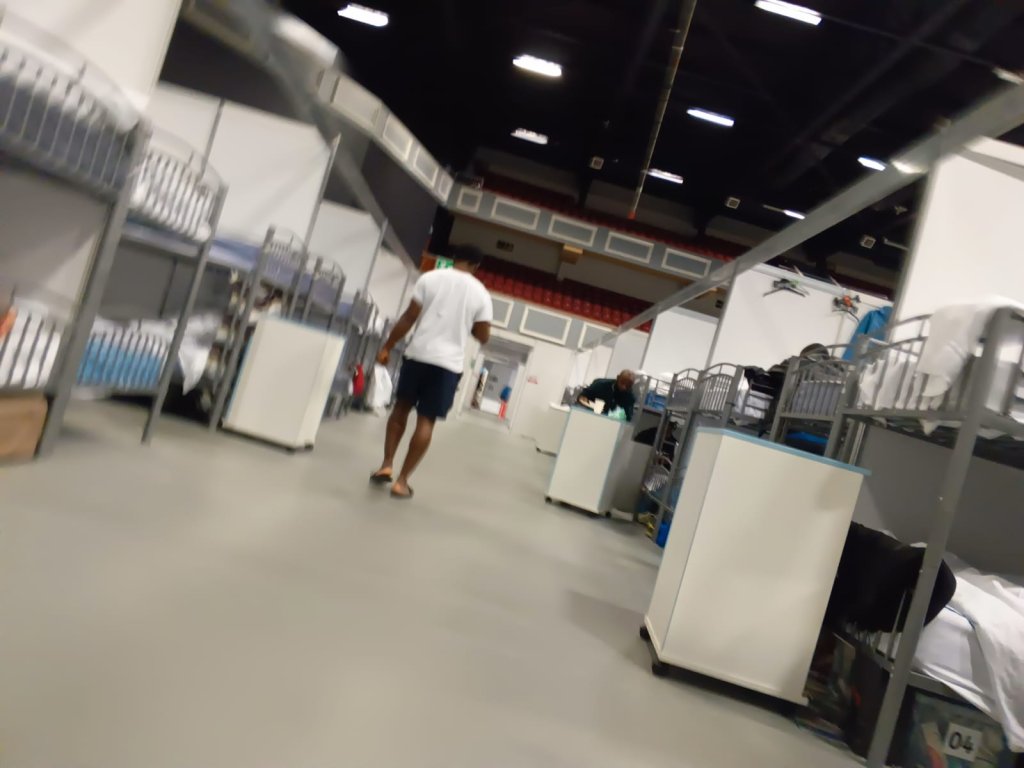
"There are around 40 of us per 'room'," said Hazem*, a 29-year-old Palestinian who we met near the center which we were not allowed to visit either. He chatted with three of his friends under a bus shelter to "kill time". Hazem was the only one among them who had been living in Citywest for a month, while the others were still living in the streets. "It’s definitely better than Crooksling, but there are problems here too: theft, violence and we have no privacy," said the young man, who already had a beer in his hand that morning in July.
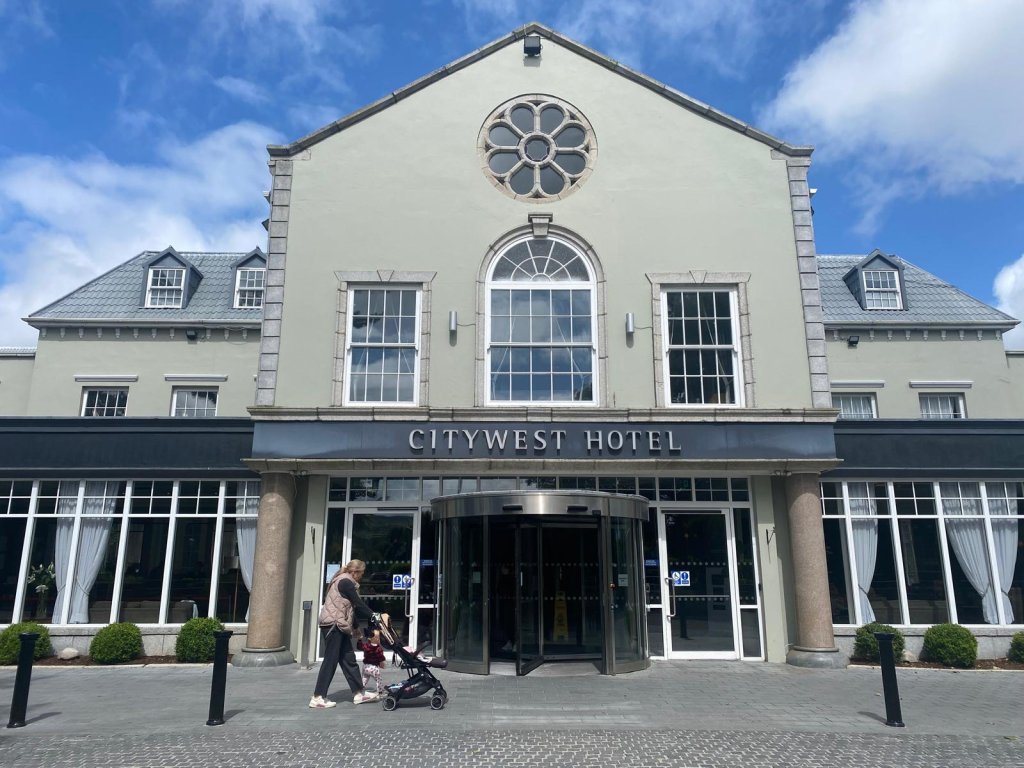
A luxurious hotel attached to the Saggart reception center welcomes a different population: nationals from Ukraine. The difference in treatment between Ukrainians and the "others" is obvious, with Ukrainians housed in hotel rooms where they do not have to endure the overcrowded reception centers that were hastily set up at the beginning of the year. The Palestinians have difficulty understanding the situation, since they are also "fleeing the war".
"We are nothing compared to the Ukrainians, it's painful to see that," said Hazem with indignation. "Yet I have no choice but to put up with what’s happening, otherwise what would I do? Jump off a bridge?"
*All first names have been changed to protect identities.
Also read: Barges and cruise ships – are they suitable housing for asylum seekers?
